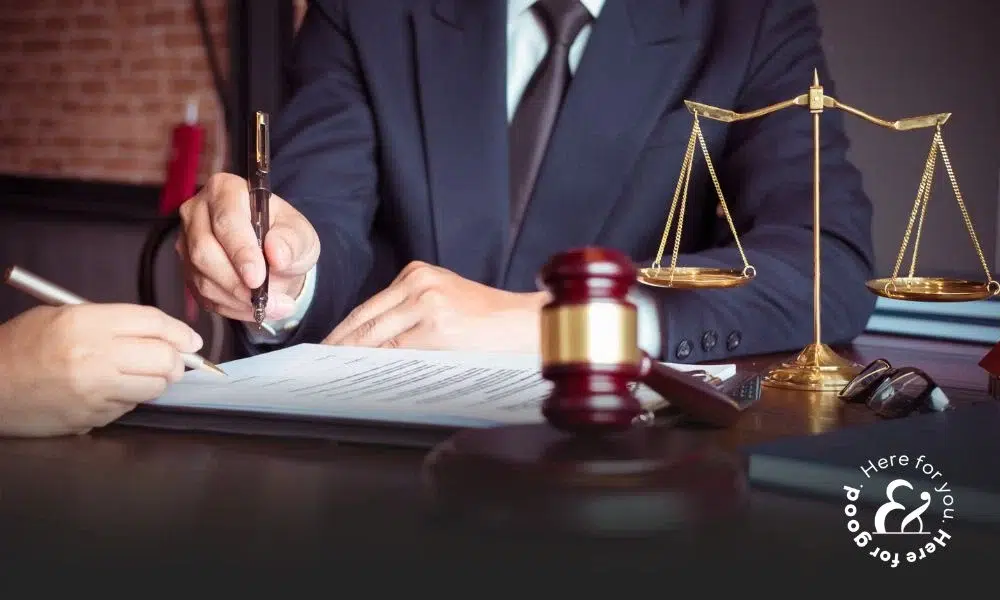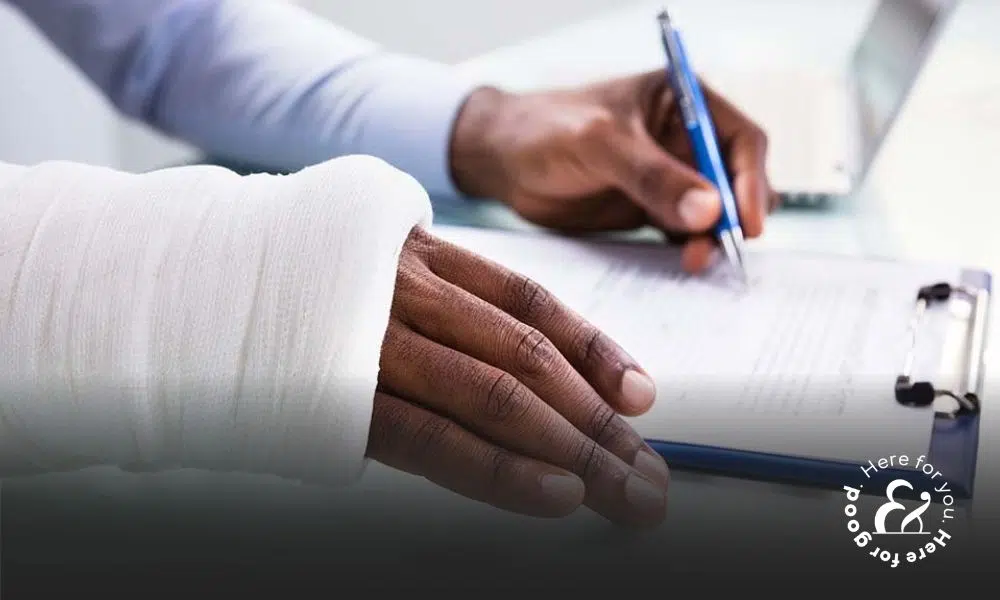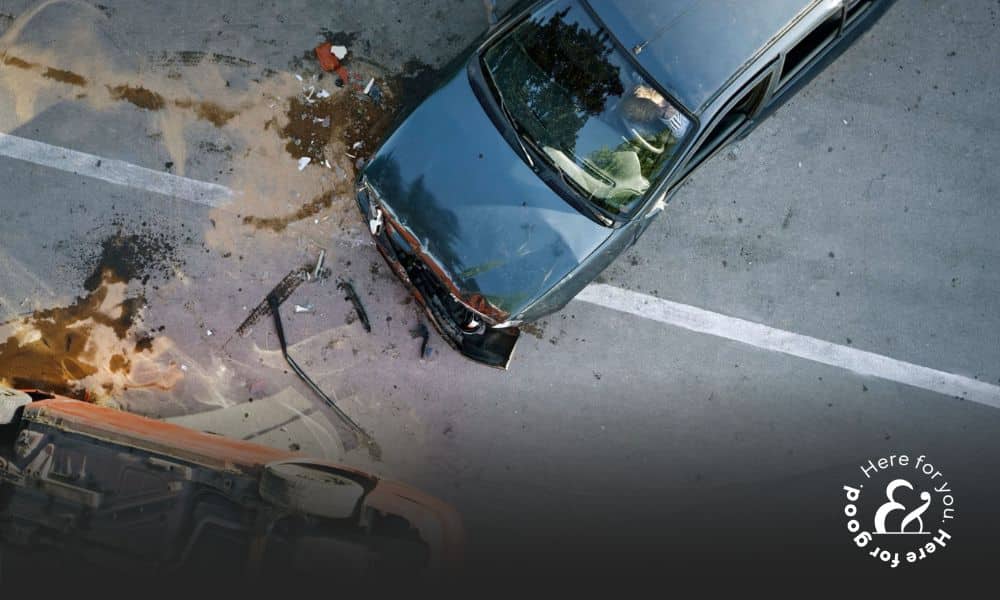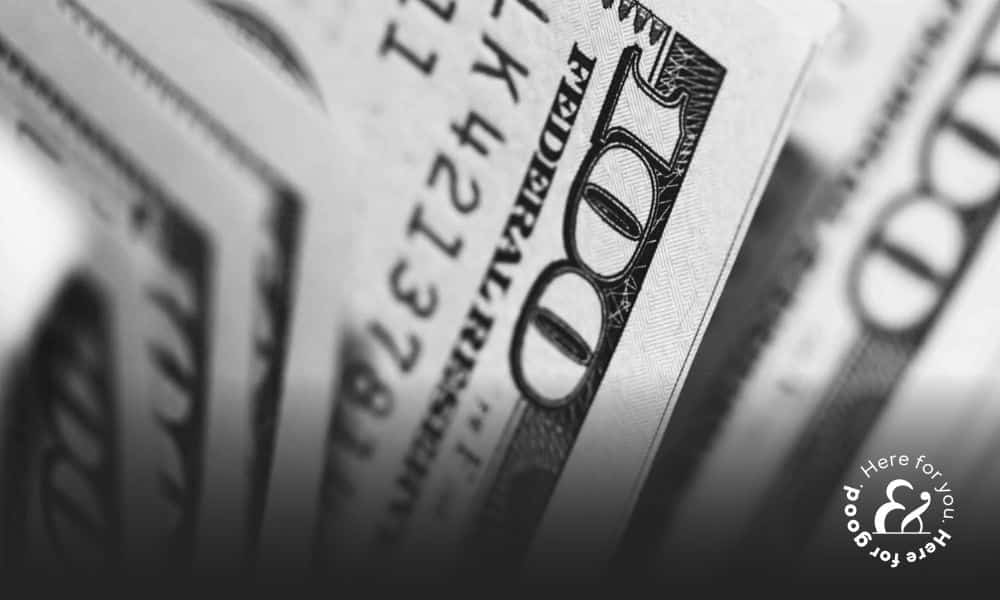If you have been injured because of someone else’s wrongful acts or omissions, you may be entitled to recover compensatory and punitive damages. Compensatory damages compensate you for your losses, while punitive damages are awarded to punish the defendant and deter others from similar conduct. Punitive damages are only available in limited cases when you have clear and convincing evidence of deliberate misconduct or gross negligence.
Unlike compensatory damages, which you can negotiate in a settlement, you must go to trial to recover punitive damages. An experienced Florida personal injury lawyer can investigate your accident and determine which types of damages you can recover. Choosing an attorney with successful trial experience when you are injured is always important, but this is especially true if you intend to pursue punitive damages.
What Are Compensatory Damages?
Compensatory damages are intended to restore you to the position you were in before the incident, also known as making you whole. While compensatory damages can be costly to the parties that caused you harm, they are not intended to punish the defendants. The primary purpose of compensatory damages is to make the party responsible for your injuries pay the costs of your injuries and relieve you of the burden.
The Two Types of Compensatory Damages
The two types of compensatory damages are special damages and general damages.
Special damages, also known as economic damages, aim to reimburse you for financial losses related to the incident, such as medical expenses, lost wages, and property damage.
Medical expenses and lost wages include anticipated future losses. For example, if the accident has left you permanently disabled, economic damages can cover the wages you likely would have earned in the future were it not for the accident.
General damages compensate for intangible losses that may not cost you money but affect your quality of life. These are also known as non-economic damages because they do not cover monetary losses. Examples of general damages include:
- Pain and suffering
- Emotional distress
- Loss of enjoyment of life
- Scarring and disfigurement
- Loss of bodily functions
- Inconvenience
- Humiliation
You can specify an amount when pursuing compensatory damages, but you will need evidence verifying your monetary losses. Florida law does not allow you to specify the general damages amount in court. Instead, the jury must determine the amount. However, your attorney can negotiate special and general damages in settlement discussions.
What Are Punitive Damages?
Punitive damages are awarded separately and in addition to compensatory damages. Although a punitive damages award can add a large sum to your compensation, they are not technically awarded for your benefit. The focus of a punitive damages award is the effect it will have on the defendant. They are awarded to do the following:
- Punish the defendant
- Make an example of the defendant to deter others from similar wrongdoing
Punitive damages can only be awarded if compensatory damages are also awarded. However, receiving an award of compensatory damages does not automatically entitle you to recover punitive damages. Punitive damages are only available when you have clear and convincing evidence that the defendant’s conduct was deliberate or grossly negligent.
What Is Clear and Convincing Evidence?
Clear and convincing evidence is proof that leads the court to firmly believe your claim is highly probable to be true a higher burden of proof than is required for compensatory damages. To receive compensatory damages, you must prove your claim by a preponderance of the evidence, meaning your claim is more likely true than not.
The burden of showing clear and convincing evidence is only required to prove you are entitled to punitive damages. The burden of proof is lowered back to a preponderance of the evidence when proving the amount you should receive.
What Constitutes Deliberate or Grossly Negligent Conduct?
Under § 768.72 of the Florida statutes, intentional misconduct occurs when the defendant intentionally pursues a course of conduct knowing that it is wrongful and has a high probability of causing injury or damage.
The law defines gross negligence as conduct so reckless and careless that it amounts to a “conscious disregard or indifference to the life, safety, or rights of persons exposed to such conduct.”
Punitive vs. Compensatory Damages
| Parameter | Compensatory Damages | Punitive Damages |
|---|---|---|
| Purpose | Compensate the victim | Punish the defendant Deter others |
| Reason for liability | Negligence Strict liability | Gross negligence Deliberate misconduct |
| Burden of proof | A preponderance of the evidence | Clear and convincing evidence |
| Limitations | No statutory limits | $500,000 or 3 times the compensatory damages in most cases |
| Who pays | Insurance and liable parties | Only the parties who participated in the misconduct |

If you were injured in an accident due to someone else’s negligence, Farah & Farah is here for you. We’ve relentlessly fought for the right to compensation for our clients and their families since 1979.
When Are Compensatory and Punitive Damages Awarded?
Compensatory damages may be awarded when someone else’s conduct or a dangerous product injures you.
Most personal injury cases are based on a negligence theory. To succeed in a negligence claim, you must prove by a preponderance of the evidence that someone injured you by failing to exercise reasonable care. This standard applies to the following types of cases and other cases involving negligence:
- Car accidents
- Truck accidents
- Motorcycle accidents
- Pedestrian accidents
- Bicycle accidents
- Medical malpractice
- Slips and falls
- Premises liability claims
- Bad faith insurance claims
- Wrongful death
If you were injured while using a defective product, medical device, or drug, you may be entitled to file a product liability claim. In such claims, you need not prove negligence. You can recover compensatory damages by proving that you were injured because of a design defect, manufacturing defect, or a company’s failure to provide adequate warnings or instructions.
What Types of Cases Allow Punitive Damages?
Punitive damages may be available in any claim for which you recover compensatory damages, but only if the defendant’s conduct meets the criteria for punitive damages. You must request punitive damages separately during a trial, and the jury will determine whether your case qualifies and the amount you should receive.
You may be eligible for punitive damages if you were injured or your loved one has died from the following:
- Drunk driving
- Distracted driving
- Reckless driving
- Defective products when the manufacturer knew ahead of time that the product was unsafe
- Medical malpractice involving malicious or fraudulent misconduct by health care providers
- An act of intentional harm
- Occasions where a defendant is convicted of a felony for the conduct causing your injury
This is not an exhaustive list. Our experienced personal injury lawyers in Jacksonville and other communities across Florida, including Orlando, Fort Myers, and Tampa, can determine whether your case qualifies for punitive damages and fight for you in court.
Who Pays Punitive Damages?
In Florida, the only defendants who can be held liable for punitive damages are those “personally guilty of intentional misconduct or gross negligence.” Thus, you cannot collect punitive damages for the actions of a drunk or distracted driver from the driver’s insurance company. If the defendant is a company, such as the manufacturer of a defective product, the company not its insurer must pay the punitive damages.
Employers in Florida can be held liable for the negligence of their employees in Florida under the doctrine of vicarious liability. However, employers aren’t vicariously liable for punitive damages unless you can prove the employer consented to the conduct, condoned it, actively participated, or otherwise contributed through gross negligence.
For example, if you were injured in a big truck accident, you may be able to hold the trucking company vicariously liable for punitive damages if the trucking company violated federal laws by hiring an unqualified driver, forcing a driver to work excessive hours, or failing to remove disqualified drivers.
How Much Can You Recover in Compensatory and Punitive Damages?
The amount you can recover in any personal injury case is determined first and foremost by the evidence you provide. Many factors determine how much you can recover, such as how severely you are injured and the long-term financial and emotional effects of your injury.
Are There Limits on Compensatory Damages?
There are no hard limits on the amount you can recover for compensatory damages. However, you will need evidence to verify your losses. Your special damages will be limited to the current and future monetary losses you can prove through documentation, expert testimony, and other compelling evidence. General damages may be based in part on your economic damages, but there is no hard limit on how much you can recover.
Limitations on Punitive Damages
The state does impose limits on punitive damages in most, but not all, cases. The limits can vary based on the circumstances, as shown below:
- In most personal injury claims, a punitive damages award cannot be higher than $500,000 or three times your compensatory damages, whichever is greater.
- If the defendant engaged in unreasonably dangerous conduct knowing there was a high likelihood of harm and was motivated solely by unreasonable financial gain, the limit is increased to $2 million or four times the compensatory damages, whichever is greater.
- If the defendant’s specific intent was to harm you, there is no limitation on punitive damages.
Juries in Florida are not informed of punitive damages limits. If the jury award exceeds these limits, the court must reduce it to comply with the law.
The court must also weigh the evidence to determine whether a punitive damages award is appropriate, even if the award is within the state limits. The court must consider the defendant’s conduct, the severity of the injuries, and the defendant’s financial means. The law gives the courts discretion to increase or decrease the punitive damages.
Discuss Your Damages With an Experienced Personal Injury Lawyer Today
If someone else’s conduct has harmed you or your loved one, our personal injury lawyers in Orlando, Jacksonville, Tampa, Fort Myers, and multiple cities throughout Florida can help you hold the negligent parties accountable. We will thoroughly investigate and determine what types of damages you should receive.
We have been protecting you and your family since 1979 and have recovered more than $2 billion in verdicts and settlements. We are a family-centered law firm with an unwavering commitment to putting clients first. We win through caring, understanding, and hard work. We charge no upfront fees, and you only pay if we win.
Schedule your free consultation with one of our knowledgeable personal injury attorneys today by contacting us online or calling (877) 245-6707, and let us go to work for you.












